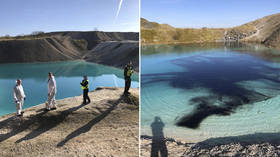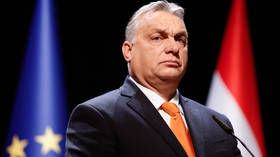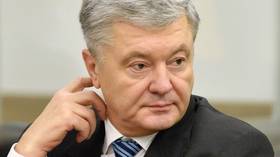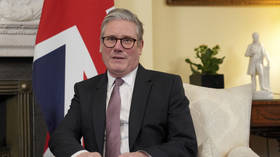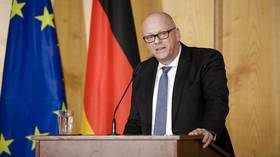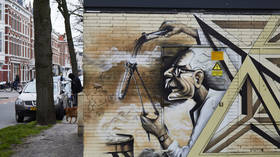Sweden says no to quarantine – is this the most reckless or the most proportionate Covid-19 response in the West?
With most of Europe imposing extraordinary restrictions to slow the spread of coronavirus, Sweden has left its citizens surprisingly free. Are Swedes rolling the dice with their public health, or is everyone else overreacting?
As most of Europe clamps down in a bid to slow the spread of Covid-19, one country is bucking the trend. Sweden is taking a markedly more liberal approach to combatting the virus. Despite its closest neighbours, Denmark and Norway, shutting down all but essential services, Swedes remain free to socialise as the harsh Scandinavian winter comes to an end. Although universities and high schools have shut, pre-schools, kindergartens, bars, restaurants, ski resorts, sports clubs and hairdressers have all remained open.
The streets of Stockholm and Malmo are noticeably quieter than usual, but positively bustling compared to those of Copenhagen, Oslo, London, Paris and Rome. Standing in bars is banned but as long as punters can find a seat they’re free to enjoy a night out. Other steps taken include gatherings of more than 50 people being banned and the over 70s being urged to self-isolate.
With the exception of Belarus, which hasn’t even suspended its football league, Sweden’s restrictions amount to the most relaxed out there. This has prompted observers both in and outside the country to wonder if they are playing fast and loose with the nation’s health or taking the most proportionate response in the West. Prime minister Stefan Lofven has warned that times ahead would be tough but also put the onus on individual Swedes. He added: “We all, as individuals, have to take responsibility. We can’t legislate and ban everything.”
This tactic is at odds with the strategy in the UK which has been to tell citizens to stay at home and limit leaving the house to once a day. Sweden’s experts have taken a very different view to the UK’s, with their state epidemiologist, Anders Tengell, saying the Imperial College London modelling, predicting 250,000 deaths and informing Boris Johnson’s strategy, is “pessimistic”. The latest numbers in Sweden show nearly 3,500 cases and 105 deaths. Tengell told The Observer: “As long as the Swedish epidemic development stays at this level, I don’t see any big reason to take measures that you can only keep up for a very limited amount of time.”
Sweden’s move has allowed for businesses to stay open, reducing the impact on the country’s economy. The approach has been broadly well received by the public, who view it as a more sensible course of action than the draconian steps taken in other countries. It also places the country in a better position to ramp back up to full capacity after the pandemic subsides. Lofven’s government seems less inclined to be seen to just “do something” compared to many in the West. Swedes have not clamoured for the state to restrict their freedoms in the same way many in other countries appear to have done.
Only time will tell what the best response to this year’s outbreak turns out to be, but for the moment Sweden’s more laissez-faire approach should be heartening to its population. The government entrusting its citizens to observe advice and adjust their behaviours accordingly without the threat of police intervention is something that should be applauded in a free society. It also maintains a higher level of trust going in the other direction, from the public to the government. On a practical level, not employing draconian measures immediately prevents hysteria from taking hold amongst the public and allows for a slower escalation of measures should they be needed.
Trust is an important factor in a democracy where a government rules by consent of the people. Public trust in Sweden is exceptionally high, with citizens having faith that their politicians are acting in the public interest. Their propensity to treat adults like adults is key to that trust remaining.
Without question, sacrifices will have to be made in the fight against Covid-19, but it is vital that public trust in the government is not one of the things lost. By taking a more measured response and basing their actions of advice rather than enforcement, Sweden’s government is taking a gamble but arguably a less risky one than Britain or Germany have. Sweden is allowing its economy to function at a much more normal level than the rest of Europe, which has effectively almost shut down.
If the pandemic turns out not to be as fatal as, for example, Britain’s experts initially feared, then the draconian measures enforced by other countries could result in the cure being worse than the disease. However, if it does turn out to be as deadly as predicted, but no more so in Sweden than in other countries, the government could still not be accused of having done nothing but would still be in a more economically stable condition. The only situation that would leave the Swedish government truly open to criticism would be if the mortality rate in Sweden outstrips similar countries, but thus far there seems little indication that that is likely to be the case.
